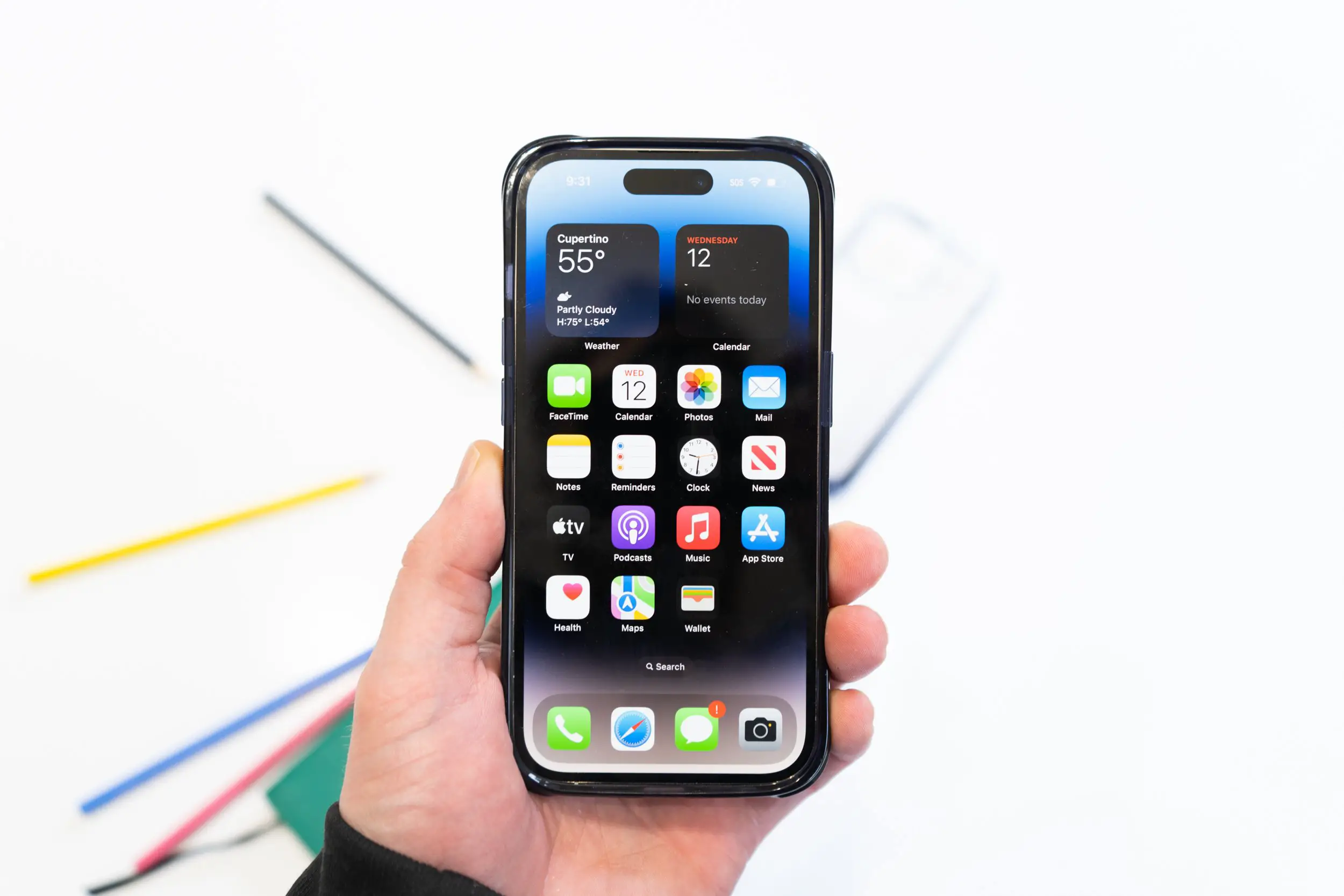A lot of messenger apps these days support end-to-end encryption. This basically protects the contents of a message during transit as it can only be decrypted once it reaches its intended recipient. Apple’s iMessage offers that level of security, or rather had. This is because Apple has since beefed things up with the introduction of post-quantum cryptography (PQ3).
With the introduction of this level of encryption, Apple is looking towards future threats and keeping themselves prepared for what could come. As it stands, encryption isn’t necessarily the end-all of security. It is possible for encryptions to be broken. The general idea is that the difficulty is simply too intensive for most computers to solve, let alone humans.
PQ3 is designed to prevent what is known as “harvest now, decrypt later” attacks. This is where data is being stolen and then kept to be decrypted later when quantum computers become more powerful.
Apple cites the rise of quantum computing as a potential threat against standard encryption. Given how powerful these computers are, it is possible that they could break some encryptions. By introducing post-quantum cryptography support to iMessage, Apple is hoping that even in the future once quantum computers become more common, even these devices won’t be able to break iMessage security.











Comments